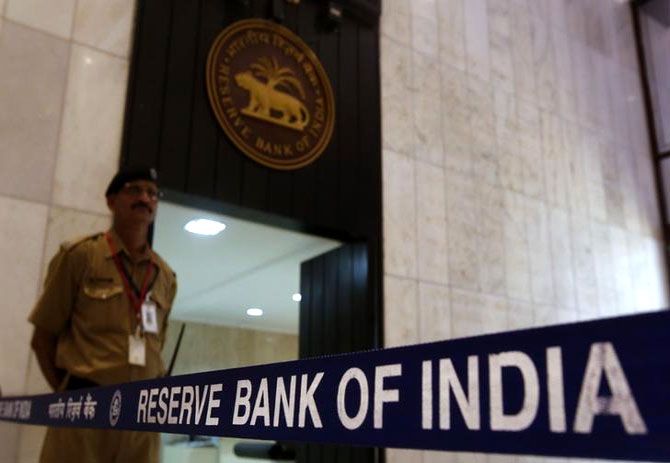The RBI is not statutorily independent from the government but has long enjoyed wide latitude

As India seeks a new central bank chief, many investors are pushing a clear message: the successor to Raghuram Rajan may lack his gravitas, but must defend the Reserve Bank of India's autonomy at a critical juncture in its history.
Under Rajan, who unexpectedly announced on Saturday he would step down when his tenure ends in September, the RBI has started to institutionalise its decision-making and reduce the power of the governor, including through the introduction of an inflation target that will guide monetary policy decisions.
But Rajan's announcement, in a letter to staff, has spread confusion and stunned RBI and government officials.
It also follows strident criticism of Rajan from right-wing members of Prime Minister Narendra Modi's Bharatiya Janata Party, prompting investors to ask whether politics played a role in his departure.
Please take the poll: Who should replace Raghuram Rajan?
That is putting the question of the RBI's autonomy front and centre, especially as Rajan may not get to see through the next plank of his reform plan - the creation of a monetary policy committee to set interest rates, which was passed into law last month but whose final composition has yet to be announced.
The RBI is not statutorily independent from the government but has long enjoyed wide latitude.
"The choice of successor must be based on finding a leader that will continue the new monetary project, targeting lower inflation," said the head of portfolio management for emerging Asia at PIMCO, Luke Spajic, who sees finding the right mix of experience, deft thought leadership and personal charisma that satisfies all camps as a daunting challenge.
India can ill afford to pick wrong or drag its feet on a replacement. It has attracted more than $60 billion in foreign portfolio investments since Rajan's appointment in September 2013 and some investors could start getting skittish.
"Investors abhor vacuums, especially at central banks," said Spajic.
Policy continuity
Deputy Governor Urjit Patel is currently seen as a top contender, a decision that would likely mollify investors because he penned the report that laid out recommendations for the new monetary policy framework adopted by Rajan.
The final decision is expected to be taken by Modi himself, and a source close to the prime minister said an independent successor would be picked.
"He (Modi) does not want to give the job to a conservative economist, and clearly wants an independent thinker. The new governor will not be a puppet in the hands of the government," he told Reuters.
Nonetheless, questions linger as India transitions to letting a new monetary policy committee set rates.
Under the current six-member structure agreed by Rajan and the government and written into law, three members would come from the RBI, including the governor. The other three will be nominated by a government panel although the governor would have a say in the selection.
However, the governor would have the tie-casting vote in monetary policy decisions, meaning Rajan's successor would face more pulls and pressures.
Please take the poll: Who should replace Raghuram Rajan?
Still, a senior policy maker who works closely with Rajan said all RBI governors have ultimately proven to be independent as they conform to an institution that has long taken pride in its autonomy.
"It is the chair (of the RBI Governor) which is the prime driver, not who employs you," he said.
Additional reporting by Rupam Jain and Rajesh Kumar Singh in New Delhi, Suvashree Dey Choudhury in Mumbai, and Sujata Rao in London











